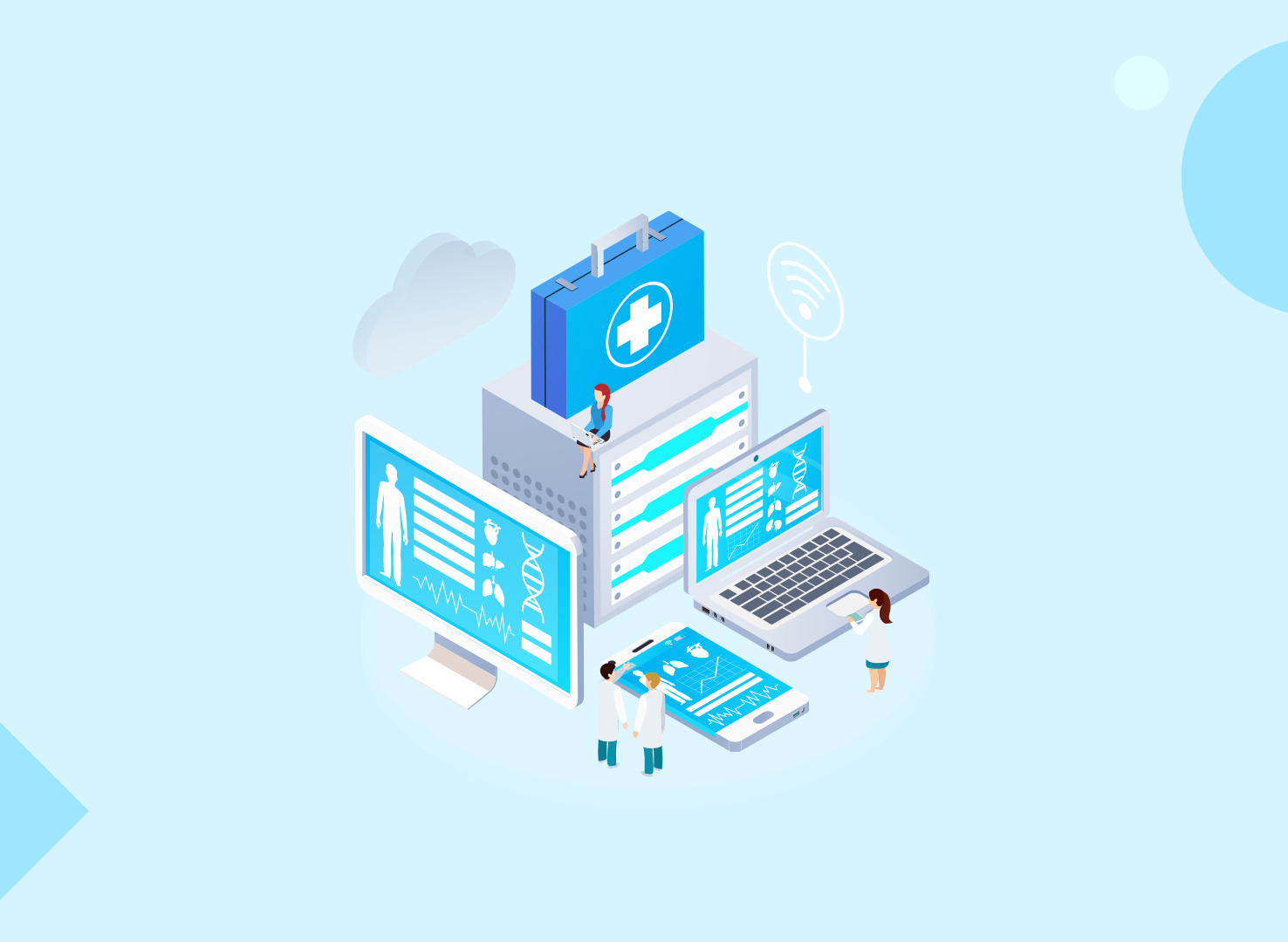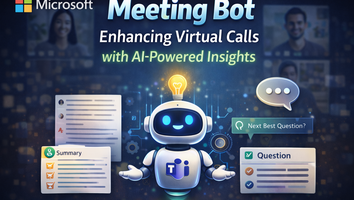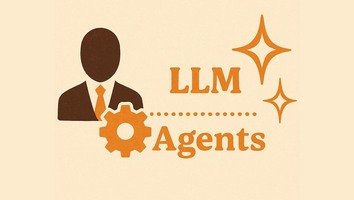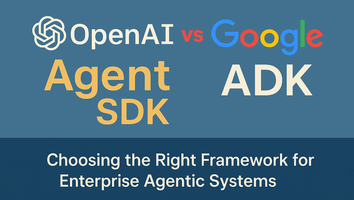Artificial Intelligence is the leading technology that is reshaping different industries. Chatbots are modern AI systems that are maintaining a good conversation system in different industries. The healthcare industry is one such business sector that is experiencing the best of these two technologies to maintain a good relationship between medical professionals and patients. The health sector is not only about diagnosing diseases and providing treatment for the same, rather it is much beyond that, as it focuses on patient care and proper communication that is now being supported by chatbots and AI.
It is worth stating what Dr. Matteo Berlucchi, CEO of the London-based company Your.MD stated. He said that if chatbots are well-trained and learn to operate like general operators, then fewer patients will visit medical clinics. Modern chatbots are capable enough to provide the right information to patients.
How are Chatbots changing the Healthcare sector?
Diagnosis- The chatbots can quickly diagnose health problems among patients by analyzing their symptoms. The chatbots are designed in such a way that they can detect the disease accurately in a short time.
Quick response- Patients can ask any kind and number of questions related to their health problems or general health. Instant response is given and patients feel satisfied with this instant feedback.
Less time- Patients usually find it difficult to spend long hours waiting for the doctors and other health professionals but chatbots have an advantage here, as they can quickly respond to the patients in less time.
Affordable cost- Doctors and other health professionals have fixed fees for meeting with a patient, and many patients cannot afford it. Chatbots can help patients at an affordable cost, or even for free.
Digital therapy- Apart from helping in the diagnosis of health problems, chatbot, such as Woebot, plays a good role in being a digital therapist. The chatbot allows the patients to express their emotions freely, without fear of judgment. The chatbots are programmed to be able to converse like a human, enabling the patients to open up more easily.
24*7 operation- Humans may get tired while responding to patients, but chatbots are always ready and active to answer patients anytime, 24/7. A quick response is an advantage of this technology, which is a necessity for the healthcare sector.
How Artificial Intelligence is Changing the Healthcare Industry?
Artificial intelligence is the leading technology that is helping humans by putting away their burden, as this technology can train computers/machines to mimic humans while having all the capabilities of the human mind. This technology is helping in quick problem-solving and better decision-making, which is a need in the healthcare sector. Some of how AI is helping and reshaping the healthcare sector include:
Data storage- The health sector has a vast amount of data related to patients and other documents. AI is capable of managing large amounts of data easily. Electronic medical records are being maintained for ease.
Error-free mechanism- Humans can make errors, but AI ensures an error-free mechanism to facilitate workflows. Errors can be detected and quickly fixed to avoid disruption of the workflow.
Early detection- The machine learning algorithms help in the quick and early detection of diseases that are beneficial for the patients to start with the treatment.
Future of medicine- AI-based technology is supporting the Food and Drug Administration while promising a better future for the medicine sector, too.
Security and safety- The healthcare sector has a lot of confidential patient data that needs to be secured and kept safe. AI technology is capable of maintaining sensitive data while keeping it secure. Outdated computing systems are being replaced, and digital security systems are being adopted by healthcare professionals to protect valuable patient data.
Lessening the burden of health professionals- Medical professionals are occupied and busy for the majority of the day, but AI technology is helping to alleviate their burden. During the COVID pandemic, the advantages of this technology have been evident - AI chatbots have helped patients, and now this technology is being utilized in the health sector.
Costing- AI-powered chatbots help to reduce unwanted costs by reducing the number of visits, consultations, and medical tests. Patients also feel satisfied with the care plan that too at an affordable price.
Better experience- Patients usually develop a fear when it comes to health checkups but AI chatbots provide them with a better and more friendly experience. Patients can easily ask questions and look for health advice to overcome their health problems.
Mobile appointment and medication- By using several mobile apps, patients can now quickly look for medical experts near them and even avail the online app services to get the medicine delivered to their place. Mobile consultation via video calling is also beneficial for patients, as they need not spend time waiting for the doctor. Video calling medical consultation was extremely useful during covid time and is still being used.
Statistics of AI and Chatbots in the Health Sector
In the year 2019, the chatbot business had an estimated market value of approximately $17.17 billion, and it is expected to reach $102.99 billion by 2025. This data provides a clear view of how AI and chatbot technologies will transform the healthcare industry.
Conclusion
Traditional chatbots were indeed pre-programmed and scripted which could not attend to all the questions of the patients. Also, understanding different languages was a problem faced by chatbots but over time advancement in the AI chatbots has led to more flexibility and effective communication that is helping the patients as well as the medical professionals. AI chatbots also known as conversational AI or adaptive communication tools are trying to give a natural human touch to their conversation to help the patients 24*7. The different technologies of AI like deep learning, natural language processing, machine learning, and others are being used in the chatbots to promote the best and most natural human communication. Sooner or later these two technologies will be widely accepted and used in the healthcare industry for best patient care.



